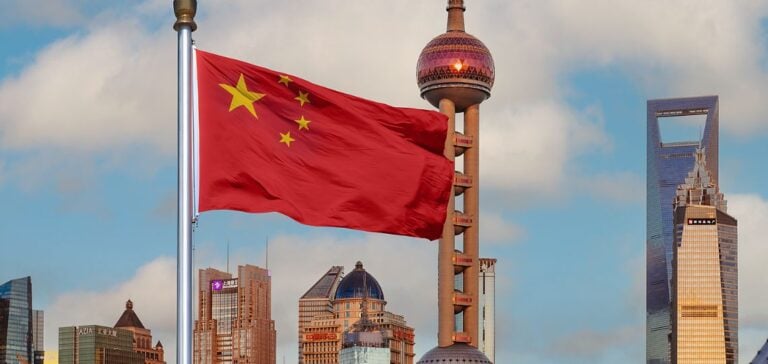The 29th Conference of the Parties (COP29), held in Baku, revealed deep disagreements among nations over climate financing. While developing countries demand stronger financial commitments, China, despite its economic influence, refuses any explicit obligations, creating a significant divide with industrialized nations.
A Context of Financial Pressure
Developing countries, united under the G77+China alliance, are demanding a significant increase in climate financing to $500 billion annually. This funding is meant to address three main priorities:
1. Mitigation of emissions: investing in renewable energy and energy efficiency.
2. Adaptation to climate impacts: building resilient and sustainable infrastructure.
3. Loss and damage: compensating countries affected by climate-related disasters such as floods and droughts.
However, this figure represents a major challenge for industrialized nations, already constrained by tight public budgets.
China’s Ambiguous Position
Although part of the G77, China rejected the agreement proposed by the Azerbaijani presidency. Xia Yingxian, the Chinese representative, stated that the text imposed “unacceptable” responsibilities. Beijing maintains that as a “developing country,” it should not be obligated to contribute financially in a mandatory way.
This stance is based on two key arguments:
– Historical responsibility: Industrialized nations, responsible for past emissions, should bear the majority of the financial burden.
– Economic development: China believes it still needs resources to continue its growth and reduce poverty.
However, nations like France and the United States contest this position, emphasizing that China is now the world’s leading emitter of greenhouse gases and the second-largest economy.
North-South Tensions
This disagreement reflects a growing divide between the Global North and the Global South.
– For developed countries: They call for a fairer distribution of contributions, including major emerging economies such as China and India.
– For developing countries: They stress the importance of recognizing the historical responsibilities of industrialized nations in causing the current climate crisis.
Currently, global financial flows related to climate remain insufficient:
– Promised financing: $100 billion per year since 2009.
– Actual funding: $83 billion, much of it in the form of loans, according to the Organization for Economic Cooperation and Development (OECD).
Economic and Strategic Implications
The failure of negotiations in Baku could have major repercussions:
1. For Vulnerable Countries
The most exposed nations, particularly in Africa and Pacific islands, risk seeing their climate projects delayed. This would exacerbate global climate and economic inequalities.
2. For the Paris Agreement
The goals of the Paris Agreement, including limiting global warming to 1.5°C, could be jeopardized without adequate financing.
3. For Investors
Businesses and financial institutions are struggling to mobilize funds for low-carbon projects amid uncertainty over international financial flows.
Isolated Initiatives: The Ivorian Example
Despite this stalemate, some countries are taking independent steps. Côte d’Ivoire has announced the creation of a $500 million climate fund to support its energy transition. This initiative shows that vulnerable nations are organizing to compensate for the lack of global consensus, even though their financial capacities remain limited.
What Lies Ahead for Negotiations?
Several scenarios are envisioned to overcome the COP29 stalemate:
1. An Improved Compromise
An agreement could include increased financial commitments from developed countries while clarifying the role of major emerging economies.
2. A Prolonged Deadlock
This would exacerbate geopolitical tensions and slow global climate progress.
3. Technical Measures
Partial implementation of reforms, such as changes to multilateral banks, could limit the negative impacts of the current disagreements.






















